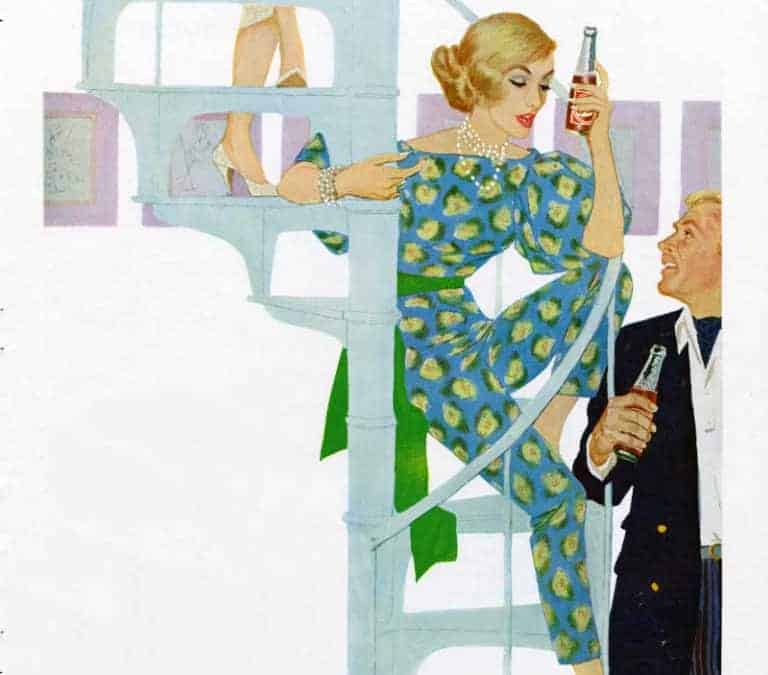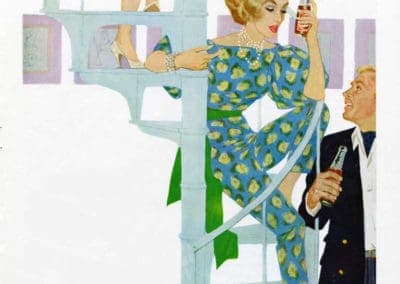Do unto others as you would have them do unto you. It’s a familiar sage we all grew up with and try to live by, right? Here, we introduce our new Etiquette Guy, Jay Remer, who will be sharing his fearlessly flawless insight on modern social conundrums.
Dear Etiquette Guy,
I have friends and colleagues who have received honorary doctorates for their service to a university, as well as friends who have been ordained online to officiate a relative’s wedding. They insist on being referred to as Dr. and Reverend. Please advise.
Title Quandary
Dear Title Inquirer,
One of life’s greatest joys is achieving a milestone. Honorary degrees signify an extraordinary contribution to one’s chosen field. The honorific (title) that comes with such a degree should only be used when addressing an audience about your specific area of expertise. Otherwise, using the title is braggadocios and best avoided.
Obtaining online ordinations usually requires minimal effort. Titles should only be used for ordinations. No one should rest on false laurels since they can often diminish the accomplishments of others.
Dear Etiquette Guy,
You’ve always said that times change, but good manners are timeless. I’m concerned about when people I’ve never met before (a doctor’s office receptionist, restaurant hostess, or a store clerk, for example) call me by a pet name like honey, or sweetheart. I don’t think it’s acceptable for someone younger (or anyone I don’t know) to speak to me in this manner. What can I say to these people that won’t offend them?
Naming Rights
Dear Call-You-By-Your-Name,
Correcting people for using these off-putting greetings is awkward at best. The service industry has developed a less formal approach, especially during the challenges of COVID-19. If we focus on the intention of these greetings, our sensibilities may be more forgiving. Often these remarks are automatic responses that reflect cultural differences.
As with most things that cause us discomfort, self-reflecting on why they affect us can be revealing. However, if a correction is necessary, a phrase such as, “Please don’t call me honey,” should suffice. It is up to us to decide which rabbit holes to enter. This one may be one to avoid.
Dear Etiquette Guy,
As a man, I often forget when I should stand if a lady enters a room. Or, should I not stand at all in keeping with modern and equality manner standards so as not to offend her?
Standing At Attention
Dear Stand and Deliver,
Your confusion is as mysterious to you as to many men during these changing times as we finally recognize women as equals. Since the days of women’s liberation, men have become too shy to show deference to women lest they rebuff their intended good manners.
As a result, two standards have evolved: one for business and one for social occasions. In business situations, men and women deserve equal consideration. Therefore, unless everyone stands when anyone enters the rooms, refrain from standing at all. At social affairs, men still show deference to women, although with less fanfare. If you feel more comfortable standing when a woman or an elderly person enters the room, feel free to do so as no one should be offended, and many will show their appreciation with a smile.
Someone once remarked, “No one can offend you without your permission.” This implies taking full responsibility for our feelings–a lofty goal–but one worth pondering.



